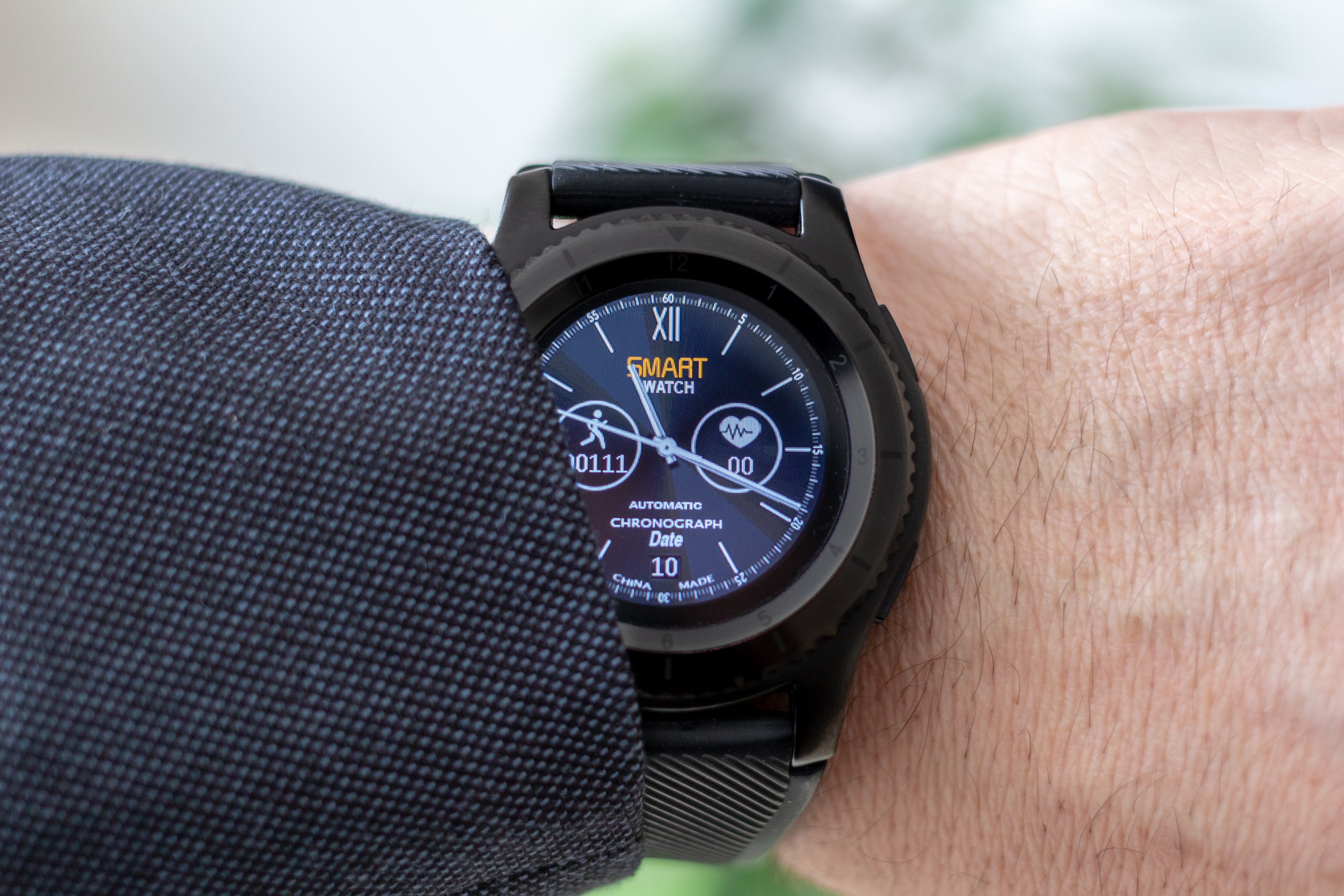
The potential of technology to open up forms of agency has been contemplated for decades by social scientists. In the context of healthcare, this question becomes even more prominent following years of policy discourse around the digitalisation of healthcare and the set of rights and responsibilities assumed for individuals, including, for instance, the responsibility to self-care and to make informed healthcare choices. But how much autonomy and freedom does this new digital health era open up for those involved (including each one of us) and at what cost?
My recent studies with colleagues have explored specifically the role of platforms and mobile health apps in materialising the promises of digitalisation (Chamakiotis et al., 2021.; Petrakaki et al., 2018). The platforms varied in terms of their purpose. One of them, MedicineAfrica, is dedicated to the delivery of free online health education to under-developed health services and the other one, Care Opinion, is a non-profit platform that aims to collect patient feedback in order to improve health delivery. We also looked into mobile health applications that patients can use to manage and monitor their condition. Findings of these two different studies point to two conclusions.
First, there is an under-explored, but nevertheless profound, potential for technologies to produce social value. Our first study found how patients produce health knowledge that corrects and enriches existing health expertise, whilst also challenging it. Examples include the design of patient-led apps for monitoring long-term diseases, crowd-diagnoses, the therapeutic effects of sharing experiential knowledge amongst peers and contribution to clinical research through the production of big health data. Our second study, illustrated the potential of platforms to serve philanthropic purposes by redistributing medical resources and expertise from the developed to the developing world that need it the most. These are all emerging new forms of citizenship and health activism reshaped and reconfigured through the digital.
The second conclusion these studies point to is an inevitable blurring between autonomy and discipline. The agency we observed above corresponds to the expectations that are embedded in current health discourse regarding responsibility to self-care and to care for the others in a health community. These expectations set up particular ways of being a health citizen in the digital era. Quite rightly—and ironically—autonomy then becomes the other word for discipline. Still though the wider ramifications these forms of agency could potentially have for the broader community render it a distinctive form of agency that operates in the margins of what is expected and what could be achieved.
Author bio
Dr Dimitra Petrakaki is a Reader in Information Systems based at the University of Sussex Business School and the Digit Research Centre. Her research interests revolve around the interaction between technology and work organisations in healthcare and other public sector settings. She is currently looking into the impact of digital platforms on healthcare work in the United Kingdom and also in developing settings. Her work has been published in the Journal of the Association for Information Systems; Organization; New Technology, Work and Employment; Social Science & Medicine; British Medical Journal; Sociology of Health & Illness and others. She can be contacted at D.Petrakaki@sussex.ac.uk and on Twitter @DPetrakaki.
This blogpost has drawn from research that was presented in the following publications:
Chamakiotis, P., Petrakaki, D. and Panteli, N. (2021). Social value creation through digital activism in an online health community. Information Systems Journal, 31(1), pp. XX-XX. https://doi.org/10.1111/isj.12302
Petrakaki, D., Hilberg, E. and Waring, J. (2018) Between empowerment and self-discipline: Governing patients’ conduct through technological self-care. Social Science & Medicine, 213, pp. 146–153.
Pingback: IFIP WG9.5 “Our Digital Lives” Blog - IFIP News